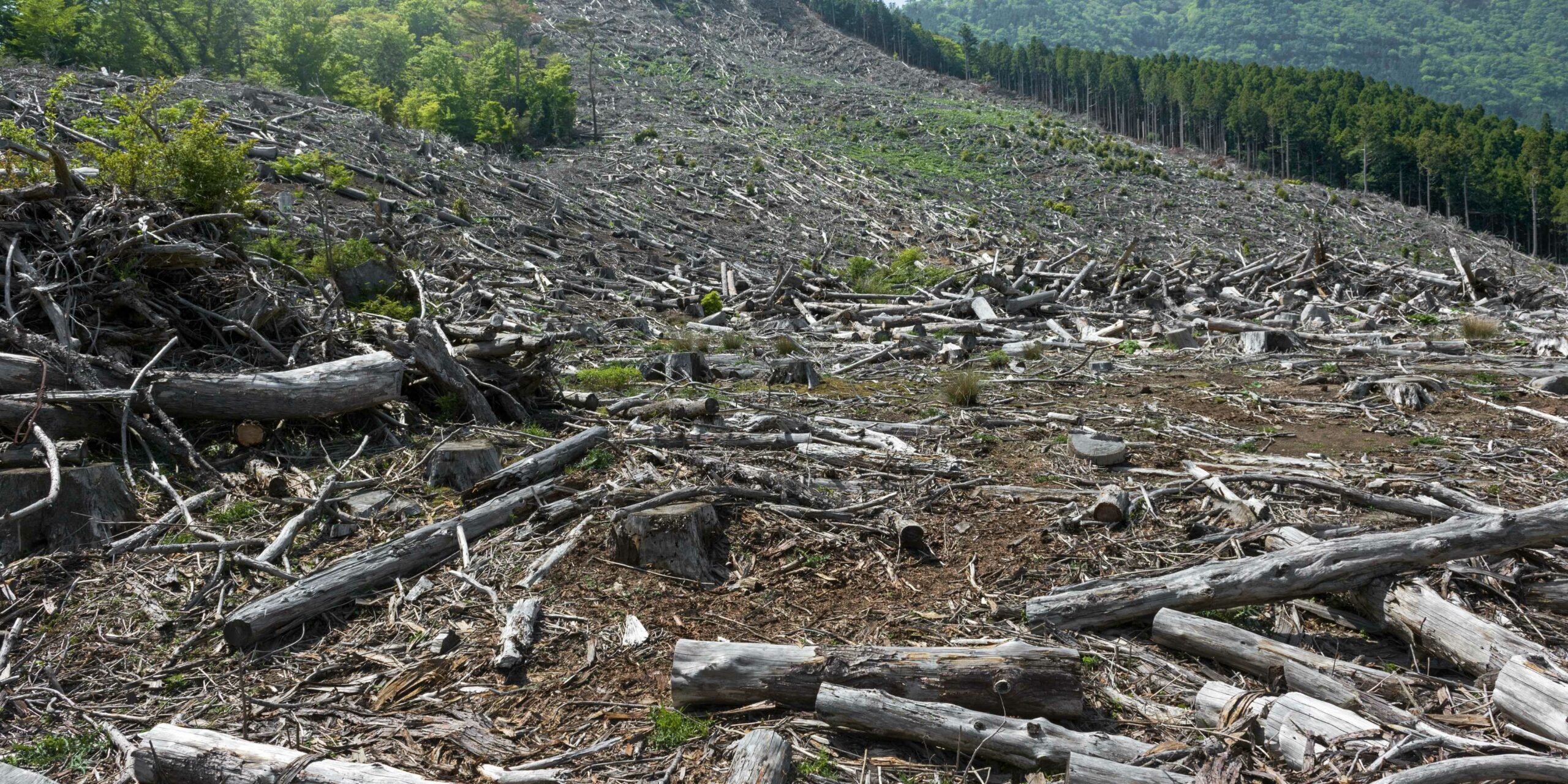Canada and Chile recently announced a collaborative work plan focused on tackling climate change, with a key emphasis on reducing deforestation. This partnership between two countries with vast natural resources and unique environmental challenges signals a significant step towards addressing the global issue of deforestation and its impacts on climate change.
Deforestation, the permanent removal of trees to make way for other land uses, has been identified as a major contributor to climate change. The loss of forests not only results in the release of stored carbon dioxide into the atmosphere but also diminishes the ability of ecosystems to sequester carbon, leading to further greenhouse gas emissions.
The Importance of Addressing Deforestation
Deforestation poses a serious threat to biodiversity, as it destroys habitats and disrupts delicate ecosystems. The decline in forest cover also impacts local communities that depend on forests for their livelihoods, further exacerbating social and economic challenges in affected regions. By actively combating deforestation, Canada and Chile are demonstrating their commitment to preserving the environment for future generations and mitigating the effects of climate change.
Shared Goals and Strategies
The work plan between Canada and Chile includes a range of strategies aimed at reducing deforestation and promoting sustainable land use practices. This initiative underscores the importance of international cooperation in addressing complex environmental issues and highlights the potential for positive outcomes when countries work together towards a common goal.
One of the key components of the work plan is the establishment of protected areas and conservation measures to safeguard critical forest ecosystems. By designating specific areas for conservation, Canada and Chile aim to prevent further deforestation and promote the regeneration of damaged habitats. This targeted approach recognizes the value of preserving unique biodiversity hotspots and ensuring their long-term viability.
Monitoring and Enforcement
In addition to conservation efforts, the work plan includes provisions for monitoring and enforcing regulations to combat illegal logging and land clearing activities. By strengthening law enforcement and increasing surveillance of forested areas, Canada and Chile seek to deter destructive practices and hold accountable those who flout environmental regulations.
Engagement with Stakeholders
Crucial to the success of the work plan is the engagement of local communities, indigenous groups, and other stakeholders who have a vested interest in preserving forests. By involving these key actors in decision-making processes and seeking their input on conservation initiatives, Canada and Chile can ensure that their efforts are inclusive and sustainable in the long run.
In conclusion, the collaborative work plan between Canada and Chile on climate change, specifically targeting deforestation, represents a commendable effort to address a pressing global concern. By prioritizing the preservation of forests and implementing proactive measures to combat deforestation, these two countries are setting a positive example for others to follow. Through continued cooperation and shared commitment to environmental sustainability, Canada and Chile can make meaningful strides towards a greener, more resilient future for all.

